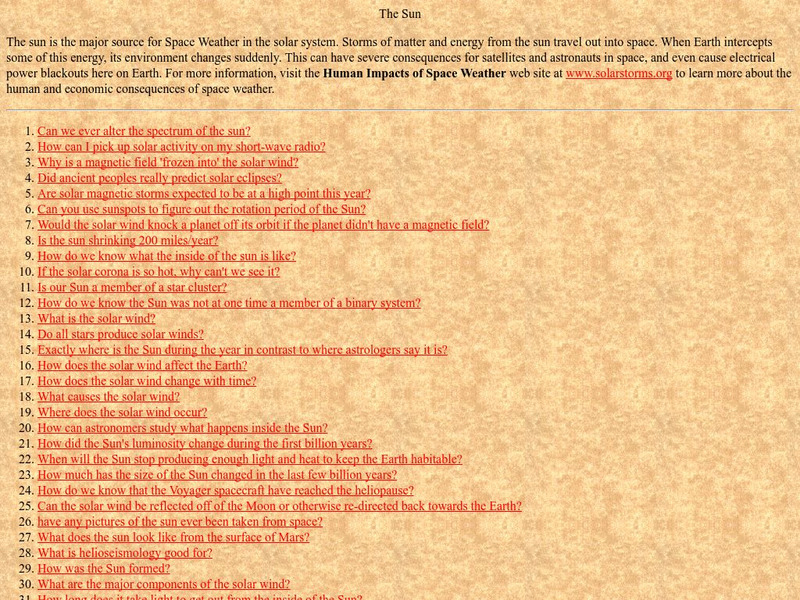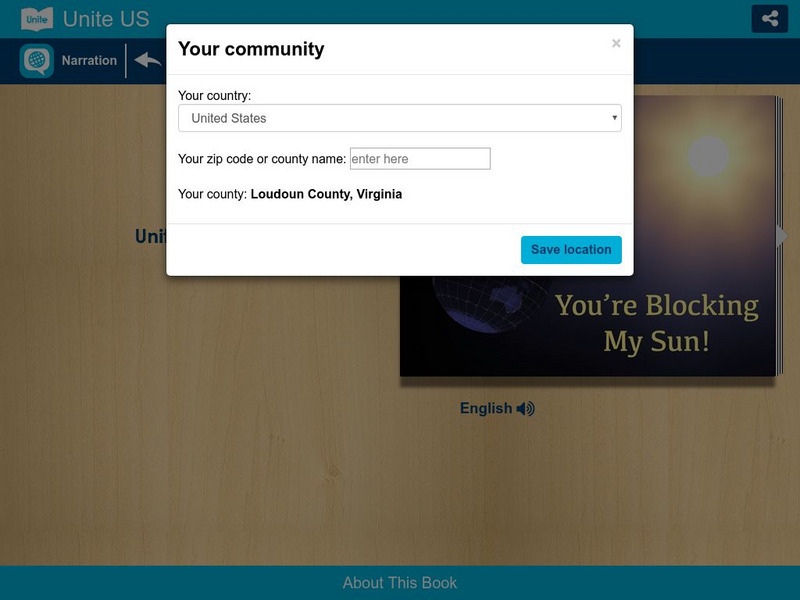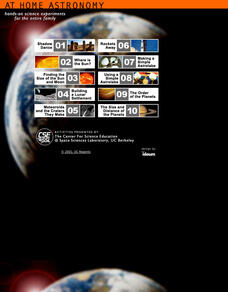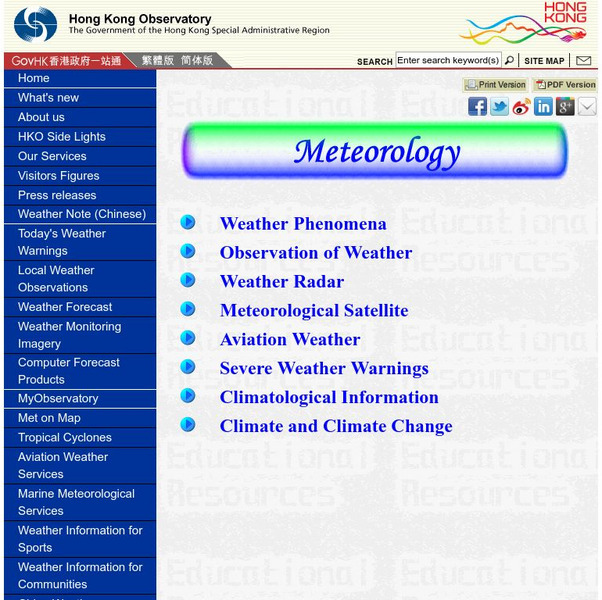CommonLit
Common Lit: "What Is an Eclipse?" by Nasa
CommonLit.org is a wonderful resource to use in a Language Arts classroom. Each story or article is accompanied by guided reading questions, assessment questions, and discussion questions. In addition, students can click on words to see...
American Association of Physics Teachers
Com Padre Digital Library: Open Source Physics: Solar and Lunar Eclipse Model
Experience the simulation of both solar and lunar eclipses to understand why these eclipses do not occur monthly.
California Academy of Sciences
California Academy of Sciences: Viewing a Solar Eclipse
Make sure you know how to view a solar eclipse safely! Includes the history and science behind solar eclipses.
Science Fun for Everyone
Science Fun: Solar Eclipse Kit
Create your own solar eclipse with this science experiment. *This experiment is not to be used to look at the actual sun. Looking directly at the sun can be harmful.*
NASA
Nasa: Image Science Center: Ask the Space Scientist
A NASA space scientist provides 98 questions and answers about the sun, the center of our solar system.
CK-12 Foundation
Ck 12: Earth Science: Eclipses Study Guide
Review the main concepts of both solar and lunar eclipses.
CK-12 Foundation
Ck 12: Earth Science: Eclipses
[Free Registration/Login may be required to access all resource tools.] Discover how eclipses occur.
CK-12 Foundation
Ck 12: Fifth Grade Science: Earth Science: The Sun Earth Moon System
[Free Registration/Login may be required to access all resource tools.] Discusses solar and lunar eclipses, the phases of the Moon, and why the phases occur.
NASA
Nasa: The Space Place
Do you know what a solar eclipse is? Or how about a galaxy? Space Place has the answers to all your questions about space! Site includes information to explore about planets, satellites, moons, and much more. Also on the website are...
Unite for Literacy
Unite for Literacy: Hey Moon, You're Blocking My Sun!
Learn the science behind what happens during a solar eclipse. Includes audio accompaniment as well as an animation.
Georgia Department of Education
Ga Virtual Learning: The Moon
In this interactive tutorial students will explore what it is like on the Moon. Learn why the shape of the Moon seem to change and also about lunar eclipses. Discover why the tide changes twice a day and explore how the cycle of the Moon...
Read Works
Read Works: Partial Eclipse
[Free Registration/Login Required] A literary text about a boy named Marcus who wanted to learn about and watch an eclipse. A question sheet is available to help students build skills in reading comprehension.
Other
Quiz: Tides, Eclipses, Day and Night, Seasons
Take this 15 question multiple choice quiz on tides, eclipses and seasons.
University of California
At Home Astronomy: Hands on Science Experiments for the Entire Family
A collection of ten hands-on science experiments for the entire family that will help you understand concepts in astronomy. Make an astrolabe, find the size of the sun and moon, build a lunar settlement, find out about meteoroids, shadow...
Scholastic
Scholastic: Study Jams! Science: Our Solar System: The Moon
A slideshow and a short multiple-choice quiz on the moon. It discusses the moon's phases, its rotation, and characteristics of the moon.
NASA
Nasa: Lunar Prospector: Lunar Eclipse
What happens to a spacecraft that relies on sunlight to power its batteries when it travels through the Earth's shadow? The Lunar Prospector survived several Penumbral and Umbral eclipses. Resource includes a link to a video that...
The Wonder of Science
The Wonder of Science: Ms Ess1 1: Earth Sun Moon System
Develop and use a model of the earth-sun-moon system to describe the cyclic patterns of lunar phases, eclipses of the sun and moon, and seasons.
NASA
Nasa: Imagine the Universe: The Sun
Site discusses the regions of the Sun's atmosphere such as the Photosphere, Chromosphere, and Corona. Provides sources for educators as well as additional links for students.
Other
Canal Kids: Ciencias (Science for Portuguese Speakers)
Colorful, engagingly written information about astronomy and biology for Portuguese-speaking English language learners. Both subjects are broken down into a broad array of related subtopics. The biology section is particularly helpful...
Other
Hong Kong Observatory: Meteorology
A useful page from the Hong Kong Observatory offering introduction to weather and weather phenomenon. Learn about thunderstorms, tides, monsoon season, weather radar, and weather in space. Not a slick site but informative. Most...
Other
Paper Plate Education: Activities
Design fun and exciting experiments using paper plates. This resource teaches you how to make great experiments and models using common paper plate products.















